As many of you already know, I had COVID and I unfortunately didn’t have a mild case. With so many cases on the rise and a few weeks before school is supposed to start and many of us going back into the office, what is one to do when it comes to being prepared for possibly getting COVID?
This week, I partnered with my friend Stephanie from The Verse Media and we put together a “break the glass” plan for preparing for COVID at work and at home. The idea is simple but should not taken lightly: make a plan for a crisis that you can break out in case of emergency.
I have included our tips below and created a downloadable checklist that you can print out here. I am a big believer that being prepared now can go a long way later. A review of the checklist and tips below and a little bit of work to get ready will help you be prepared should COVID hit your house.
A Break-The-Glass Plan for Novice Preppers
See original post on The Verse Media here
Financial crises, natural disasters, massive data breaches, unfit CEOs, a racial reckoning and now, a global pandemic, have given way to boom times for crisis communications specialists and consultants everywhere, launching thousands of “break-the-glass” plans. Don’t worry, The Verse continues to steer clear of corporate speak and stay in our BS-free zone. That said, we’re still capable of picking and choosing good ideas from the business world to help us in our role as CEO/Board of Directors to our _________ (enter your most valued enterprise). The idea is simple, but not basic: Make a plan for a crisis that you can break out in case of emergency. A little stored-up brain-power now can go a long way later—though we hope you never have to use it.
We are eternally grateful for Verse friend, super organizer and COVID survivor Rachel Rosenthal for the assist.
AT HOME
Is your supply closet actually supplied? If you or someone in your nest got sick you would need these provisions at the ready.
-
Clean-sweepers. Masks and cleaning supplies including disinfecting wipes, hand sanitizer, soap, tissues, latex gloves and paper towels. If you are not solo, the person in the sick bay would need their own dedicated supplies of some items—including a tray to pass supplies back and forth, and garbage bags to safely exchange laundry.
-
Medicine cabinet musts. Your cabinet should be stocked with cough drops, over-the-counter cold medicine, acetaminophen (Tylenol), baby aspirin (to prevent clots), vitamin C tablets, a heating pad, a thermometer and a pulse oximeter (with spare batteries for both). Because insomnia is frequently reported with the virus, an OTC sleep aid like melatonin might be a clutch commodity as well. Verse pro tip: Check expiration dates early and often.
-
Fuel & hydration. We designated a high-up shelf for COVID/quarantine sustenance, with electrolyte replacement drinks (powder is easier to store in bulk), canned soups like chicken noodle, tea and honey. An electric tea kettle would be a next-level barracks addition, so the truly quarantined person could easily prepare their own hot drinks & MREs.
-
Chore charts. What things would need to continue to happen to keep your household functioning (and by functioning, we mean operational—let’s not get all Martha Stewart)? Identify each task and who would do it (if you are solo, determine who could help you accomplish these things). Ensure the designated doer has all the information they need to take the reins. If writing down instructions seems tedious, let video capture the division of labor in action.
-
Accounting for accounting. Who is the bill payer? Does someone have the passwords and information they would need to keep you current and afloat? To double-down on the easy button, set as much as humanly possible to autopay.
-
A triage plan. Have you asked your doctor’s office about what to do if you or someone in your family thinks they have COVID—especially if this happens outside office hours? If not, give them a ring (and while you have them, when are those flu shots coming?). If you’re not solo, where would a sick crew member isolate—preferably with little to no contact, or shared bathrooms, with the rest of you? For sanity’s sake, set aside your insurance information and doctor’s contact information for easy access. We don’t mean to get all Captain Obvious, but confirming these things now could save unnecessary trips and frantic calls later.
-
The official stuff. We don’t like this any more than you do, but are your medical directives up to date? (If you don’t have them, no judgment, but we encourage you to create them. Here’s a good place to start.)
AT WORK
What’s on your employer’s collective mind when it comes to COVID? Here are some questions to ask:
-
What is your employer’s sick policy as it relates to COVID?
-
Do they offer any resources or added support if you or a family member was impacted?
-
What critical tasks associated with your role would need covering? Who might cover them?
-
Are essential information and documents available on a shared drive?
With these essentials in mind, even novice preppers can ensure they feel more prepared than scared.
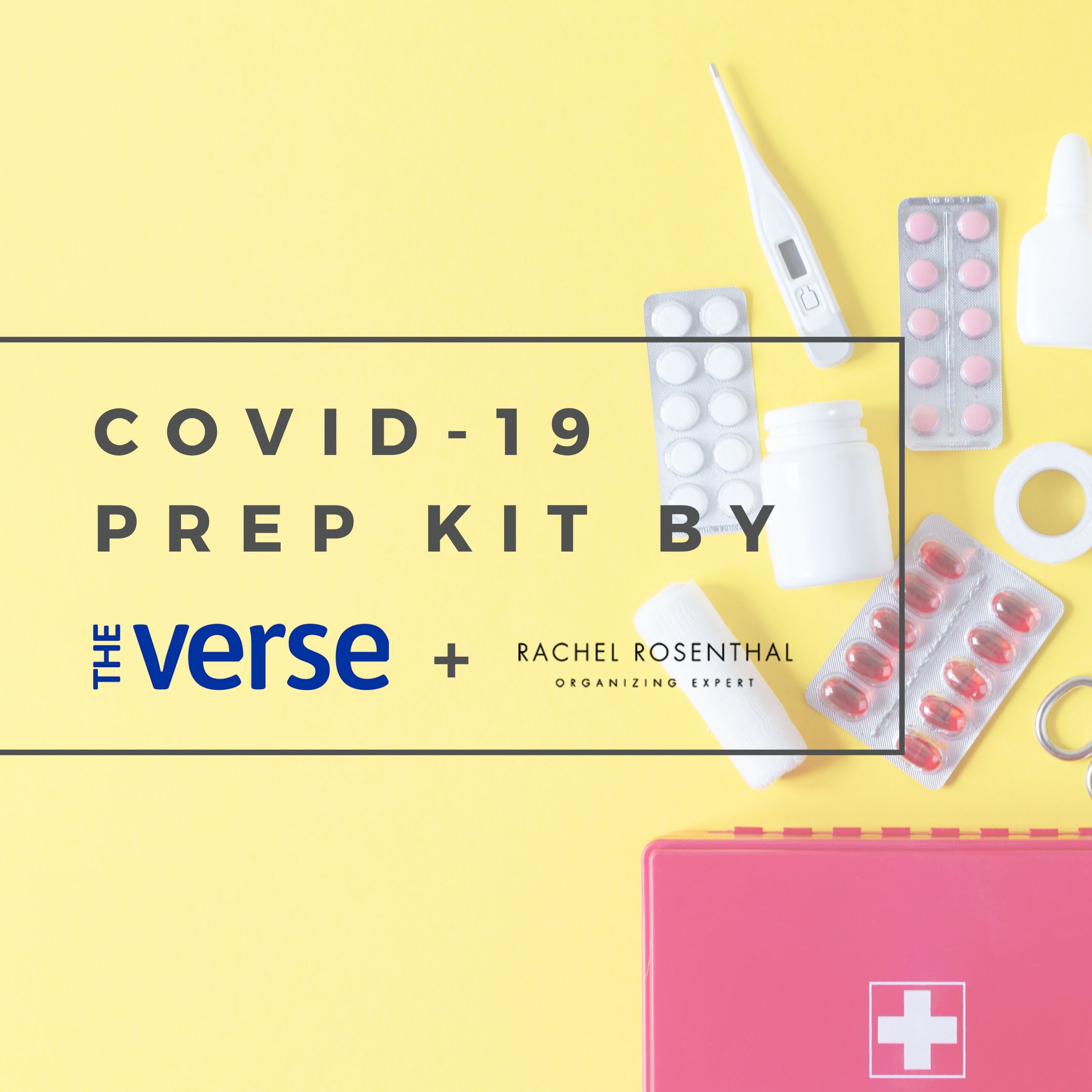
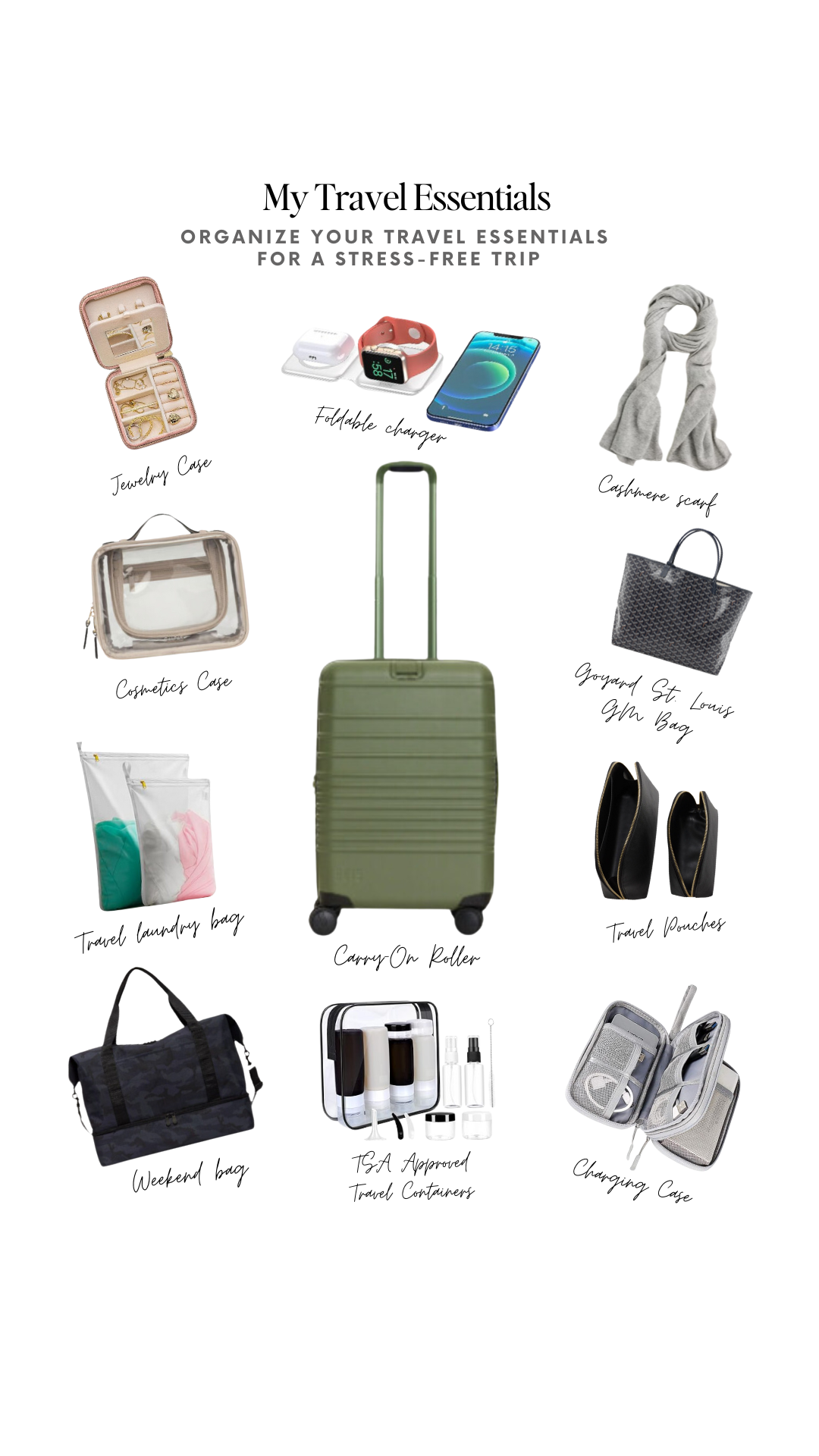
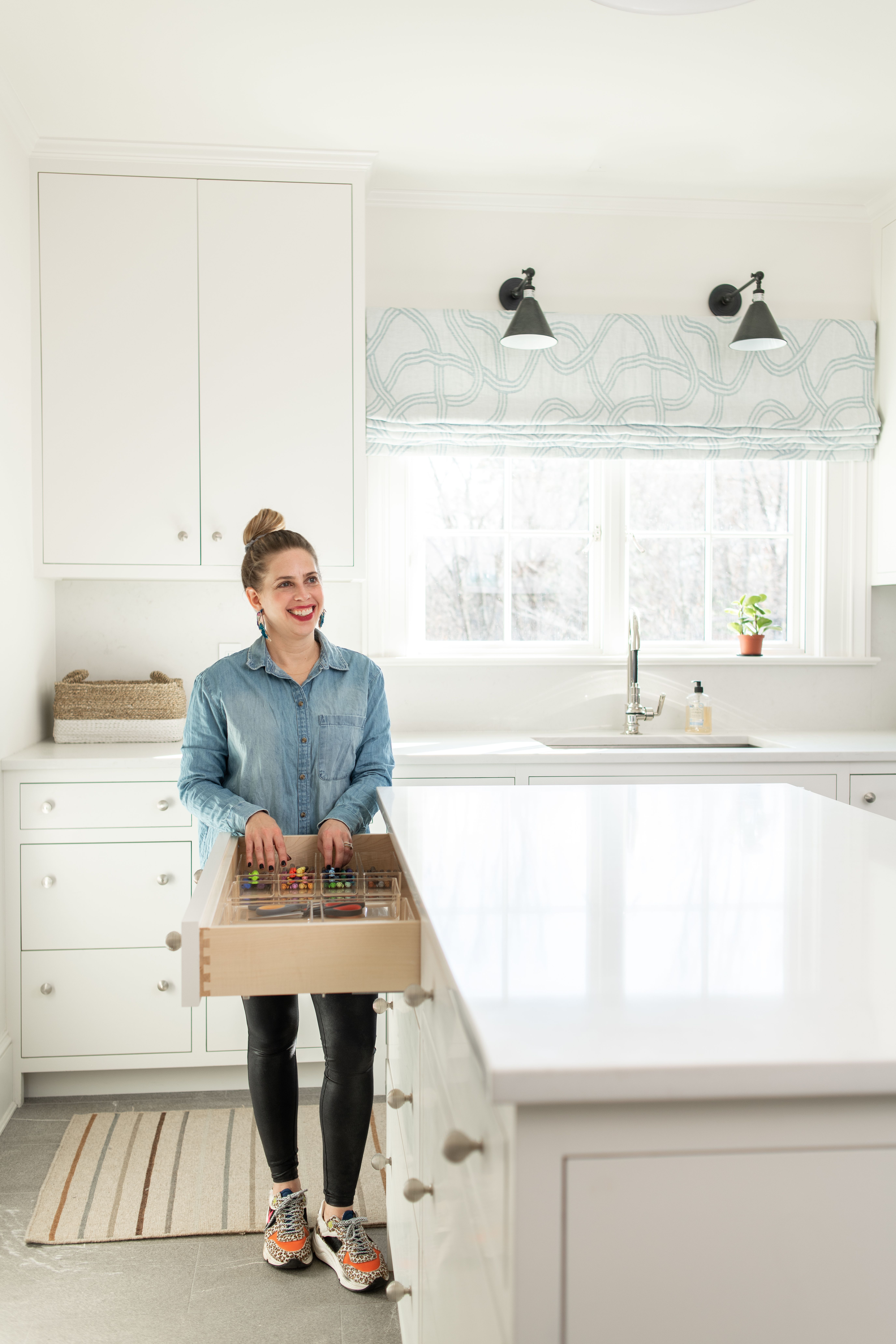
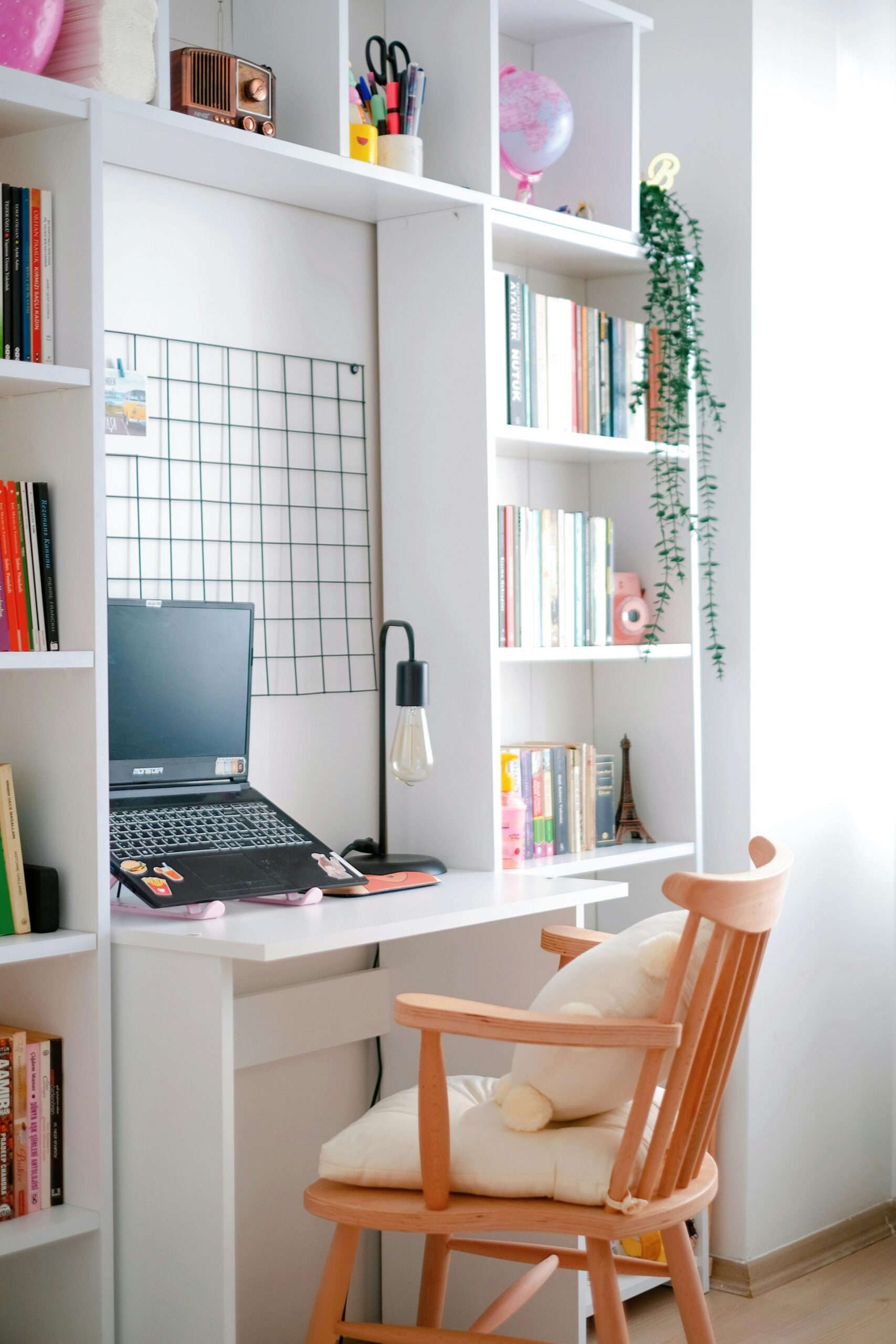
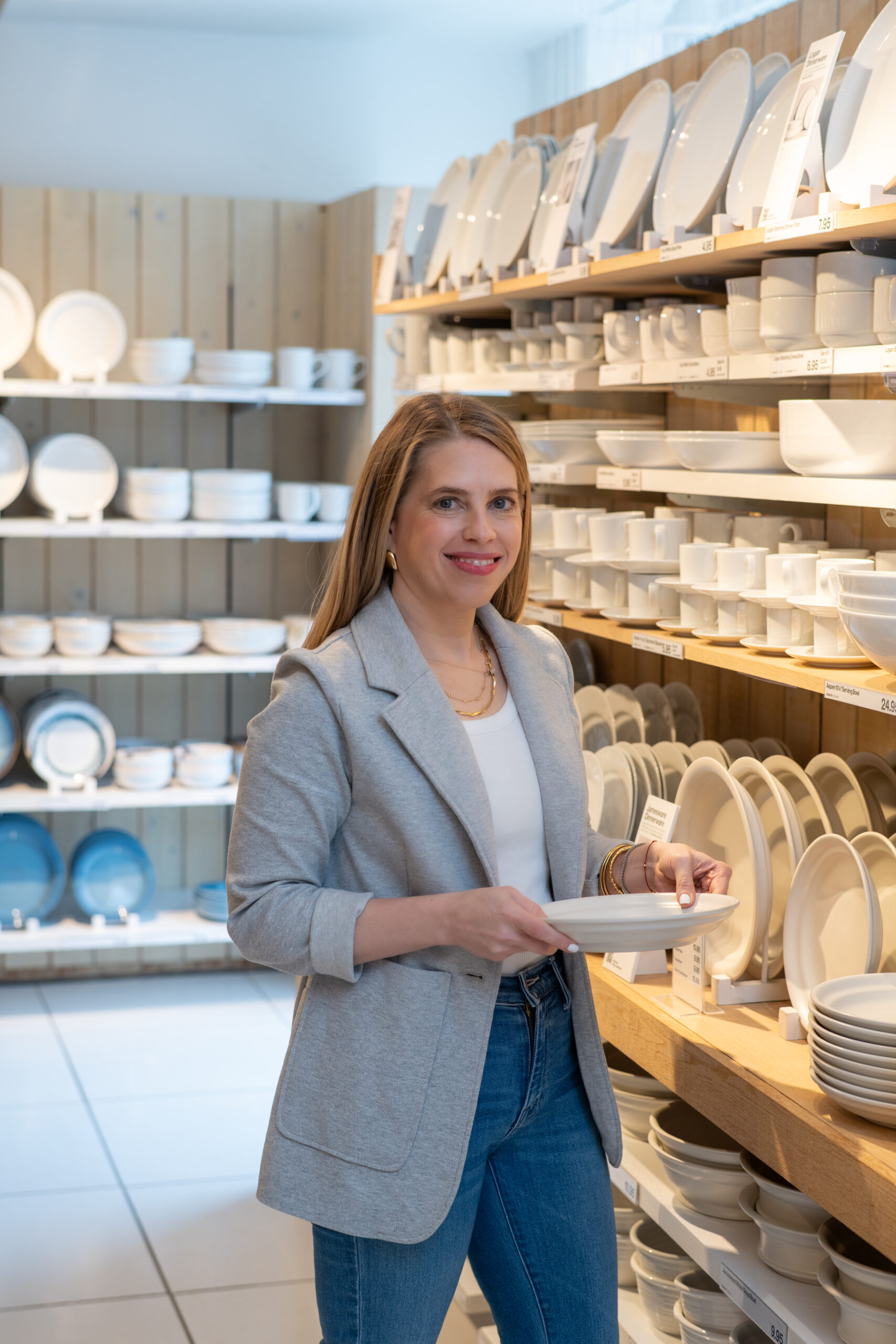
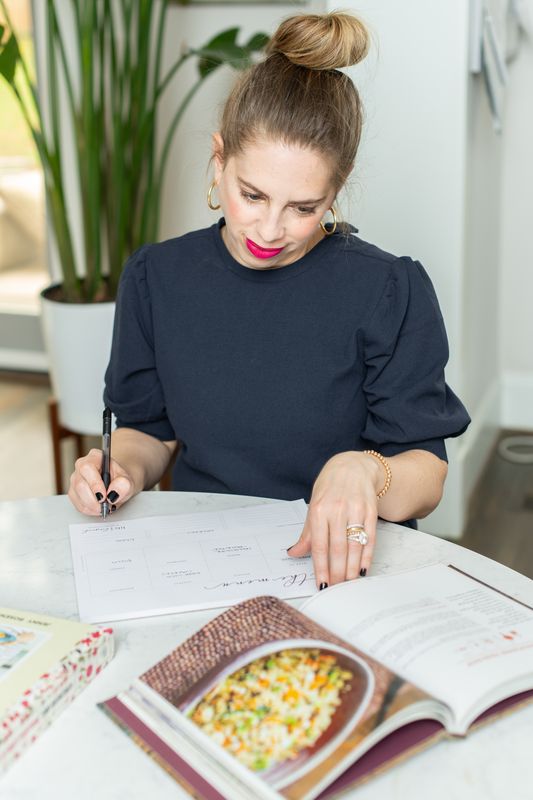

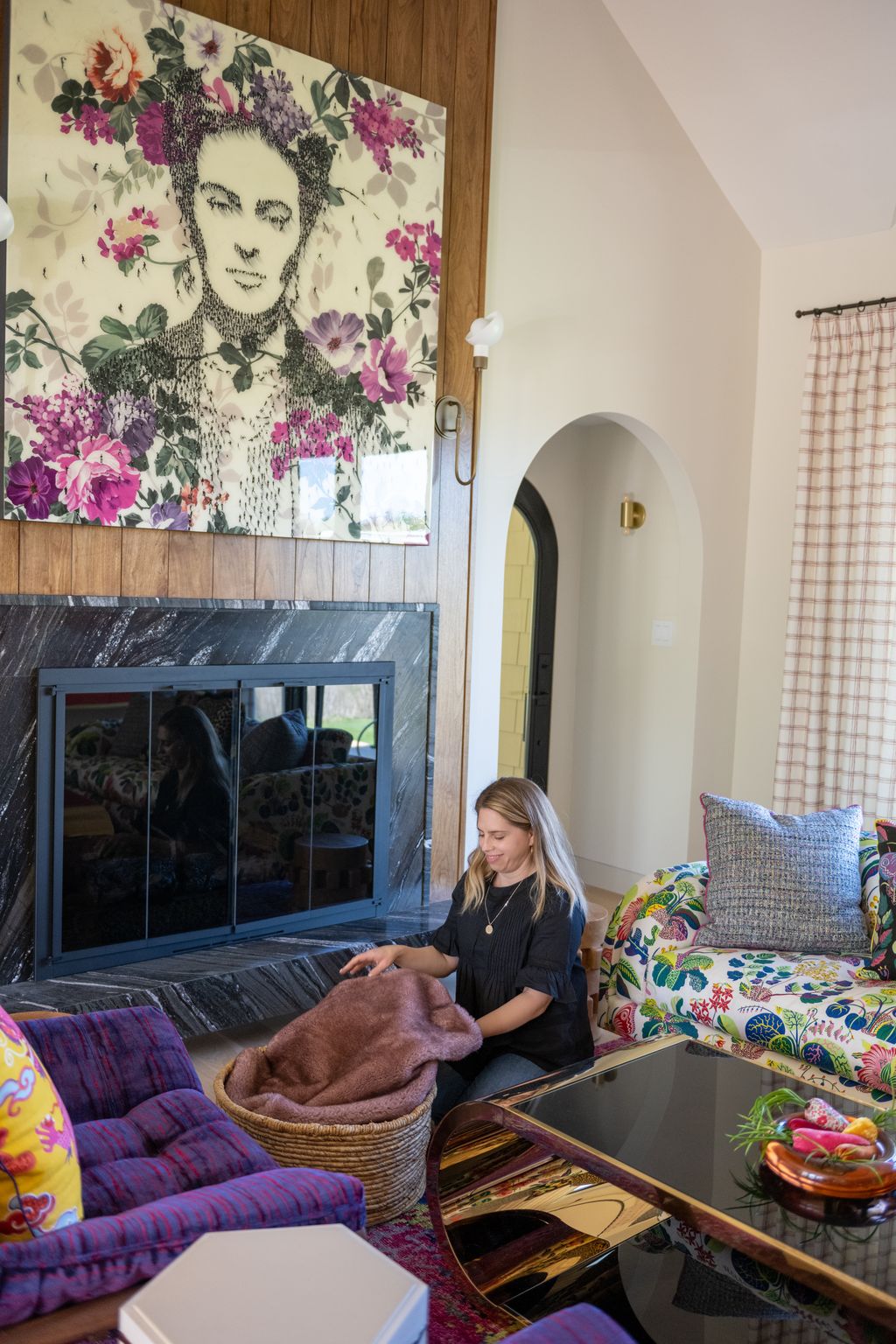
Rachel, these are excellent tips and very useful information! Our family has just recovered from Covid as well and the only thing I’d like to add is to keep a list of medications family members may be taking with insurance information. This will come in handy if checking into a hospital or office visit. Wishing you and your family the best of health!
I am so glad you found the tips useful. And I am SO sorry to hear that you all had COVID. I am just so grateful that you all are recovered. I think your suggestion about the medications and insurance information is key. Thank you so much for the tips! I am wishing you and your family health and happiness.